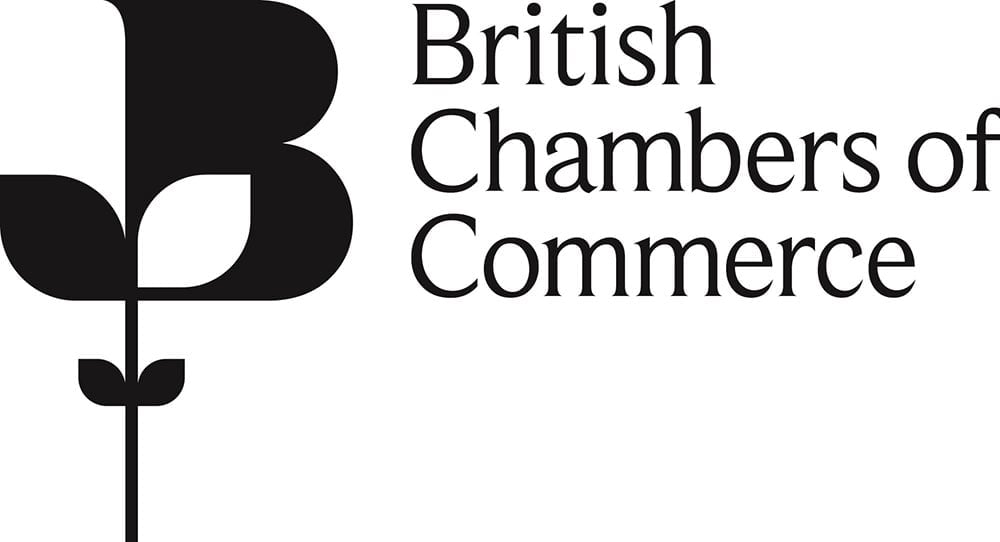Liz Truss in Number 10: What does it mean for businesses?
However, whilst she has been tipped as the “first genuinely pro-business prime minister since Cameron”, mounting pressures on firms across the UK will demand urgent and far-reaching solutions.

According to a survey of 5,700 firms conducted by the British Chambers of Commerce, measures for investment and longer-term business confidence have decreased: 2 in 3 firms are expecting to raise prices; 4 in 5 cite inflation as a growing concern for their business; and only 54% of firms expect an increase in turnover, the lowest figure since Q4 2020, when most of the UK was under some form of lockdown. 65% of firms now expect their prices to rise in the next three months: when firms were asked which factors were driving price rises, 67% cited utility bills, 66% labour costs, 56% fuel and 53% raw materials. David Bharier, Head of Research at the British Chambers of Commerce, said: “This quarter’s survey results clearly point to a weakening economic outlook amid unprecedented cost pressures and falling business confidence.”
Amidst these unprecedented inflationary pressures, the British Chambers of Commerce wants to see an emergency grant for SMEs, a temporary cut in VAT to 5% and the reversal of national insurance increases.
What, then, has Ms. Truss promised by way of support for businesses?
- Cancelling corporation tax increase.
Under Rishi Sunak’s plans, corporation tax – a tax on company profits – is due to rise from 19% to 25% next April. Liz Truss wants to cancel this increase, on the basis that keeping taxes lower increases economic growth. However, the economic think-tank, the Institute for Fiscal Studies, has said: “The effect would certainly not be big enough for the tax cut to pay for itself.” - Energy plan.
Truss has vowed to draw up an energy plan within a week of taking office. She has pledged support for both households and businesses, without providing further detail. - Reversal of the National Insurance rise.
Truss has repeatedly expressed her commitment to a low-tax economy, on the basis that it encourages economic growth. - Business rate relief?
Bloomberg has reported that Liz Truss is considering raising the threshold for relief from business rates raises from the current rateable value of £15,000 to £25,000 – a move that her team claims would help 200,000 businesses.
Business leaders recognize Truss’ background in international trade, and the progress that she made on Free Trade Agreements (FTAs) under her tenure as Secretary of State for International Trade. However, there are concerns about how she will fund her plans to tackle the cost of living crisis – for example, her proposed tax cuts and support packages. Even David Davis, who shares the same low-tax philosophy, has advised Truss to think carefully about her plans to reduce corporation tax, because a failure to balance the budget risks inflation, higher interest rates and a plummeting pound.
Indeed, inflation has been cited as the most pressing concern amongst businesses, and yet it is thought that Truss’ economic policies would pour further fuel onto the fire. Paul Johnson, director of the Institute for Fiscal Studies, has claimed that pumping a large amount of money into the economy, and investing more in public services, in addition to the £30bn already received by way of energy support, would result in high borrowing in the short run and additional inflationary pressure. He says, “the truth is that simply cutting taxes, cutting national insurance contributions, for example, is not a strategy for growth.” However, Kwasi Kwarteng, the previous Secretary of State for Business, Energy and Industrial Strategy, has defended Truss, saying that Britain could afford to borrow more, and that amongst the G7 nations, only Germany had a lower debt-to-GDP ratio.
What do businesses want from the new PM?
- MSME task force.
Marco Forgione, director general of the Institute of Export and International Trade, has said that he would like to see the government establish a Micro Small and Medium Enterprise task force to provide immediate support on issues such as the rising cost of energy. - Targeted energy support.
The Federation of Small Businesses has advised that the government temporarily reduce taxes on energy, provide direct help for small businesses (via the business rates system, and via a discretionary pot of money, issued by local authorities), and extend the price cap to the smallest businesses. - The British Chambers of Commerce’s five-point plan to support businesses.
The BCC wants Ofgem to be given more power to strengthen regulation of the energy market for businesses. They have also advised that the incumbent government introduce a temporary cut in VAT to 5% in order to reduce energy costs for businesses, offer Covid-style energy support, temporarily reduce NICs, and review and reform the Shortage Occupation List to help bring down wage pressures and fill staffing vacancies.
Businesses will undoubtedly welcome the political stability of a new prime minister, however turbulent waters lie ahead for Truss, who must deliver on her economic-growth plans and reassure panicked firms up and down the country. If you would like to speak with an advisor about your business plans or if you are planning for a possible sale, contact Hilton Smythe on 01204 556 300.
